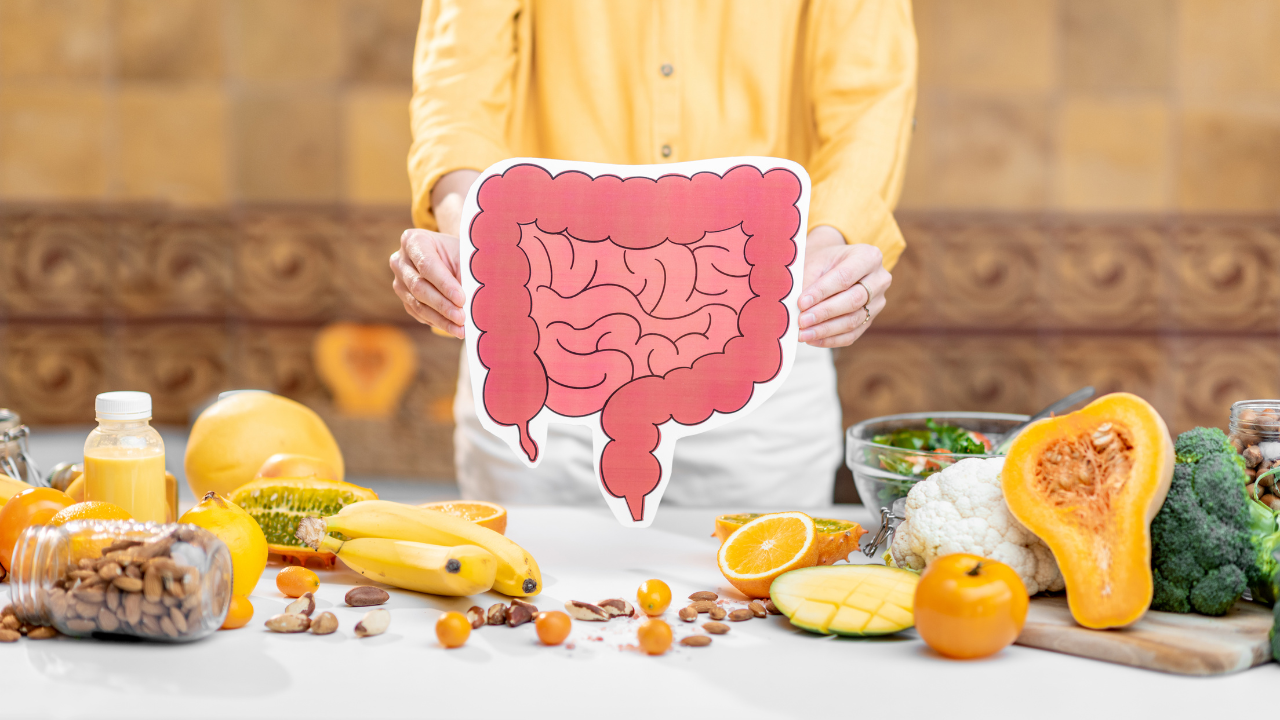
Having a healthy gut is critical for overall health. The integrity of our gastrointestinal tract, often known as the gut, is critical for digestion, food absorption, and immunity. Your gut absorbs nutrients and eliminates waste, which helps to safeguard your general health. We speak with an expert to understand gut health, common causes of constipation, and more.
Understanding Gut Health
“The integrity of our gastrointestinal tract, or gut, is critical for digestion, food absorption, and immunity,” explains Dr Sharad Malhotra, Senior Consultant & Head – Gastroenterology, Hepatology & Therapeutic Endoscopy, Aakash Healthcare, New Delhi. A healthy gut plays a pivotal role in overall health by absorbing nutrients and eliminating waste effectively.
Dr Malhotra stresses the importance of the gut microbiome—an intricate ecosystem of billions of bacteria within the gastrointestinal tract. “This complex environment affects digestion, immunity, and even mood regulation. Maintaining a balanced gut flora is crucial for optimal digestive function and overall well-being,” he adds.
Common Causes of Constipation
Constipation, according to Dr Malhotra, occurs when bowel movements become infrequent or difficult to pass. He highlights several contributing factors, including dietary and lifestyle habits:
- Dietary Factors: “A diet low in fibre, fluid intake, and reliance on processed foods can lead to constipation,” notes Dr Malhotra.
- Lifestyle Factors: Extended sitting, lack of physical activity, and ignoring the urge to defecate are common contributors that slow intestinal movement.
- Medications: “Certain drugs, like opioids, antidepressants, and iron supplements, may have constipation as a side effect,” he points out.
- Underlying Medical Conditions: Dr Malhotra cautions that conditions such as irritable bowel syndrome (IBS), hypothyroidism, diabetes, and neurological disorders can also lead to constipation.
- Stress: Chronic stress can disrupt the gut-brain axis, altering gut motility and exacerbating constipation.
Lifestyle Habits to Maintain a Healthy Gut
“Improving your gut health doesn’t need to be complicated,” says Dr Malhotra. He recommends a few simple but impactful lifestyle changes to promote gut health:
Balanced Diet: “A diet rich in fruits, vegetables, whole grains, lean meats, and healthy fats is essential,” he advises. Fibre-rich foods are particularly important as they fuel beneficial gut bacteria.
Probiotics: “Include fermented foods like yoghurt and sauerkraut to encourage a healthy balance of gut flora,” he suggests.
Hydration: Adequate fluid intake is crucial. “Drinking enough water aids digestion, reduces constipation, and
improves nutrient absorption. Strive for at least eight glasses daily,” Dr. Malhotra advises.
Regular Exercise: Physical activity boosts gut motility. “Aim for 30 minutes of moderate-intensity exercise most days of the week—be it walking, running, or dancing,” he adds.
Stress Management: Stress-reducing activities like meditation, walking, and spending time with loved ones can alleviate inflammation in the gut.
Embracing the Journey to Digestive Wellness
Consistency is key, according to Dr Malhotra. “Gradually integrate these habits into your routine while listening to your body’s cues,” he recommends. He also stresses the importance of consulting a healthcare provider if symptoms like weight loss, abdominal swelling, stool bleeding, or persistent pain occur.
By making these mindful adjustments, Dr Malhotra encourages everyone to embrace the journey toward digestive wellness and improved overall health.











